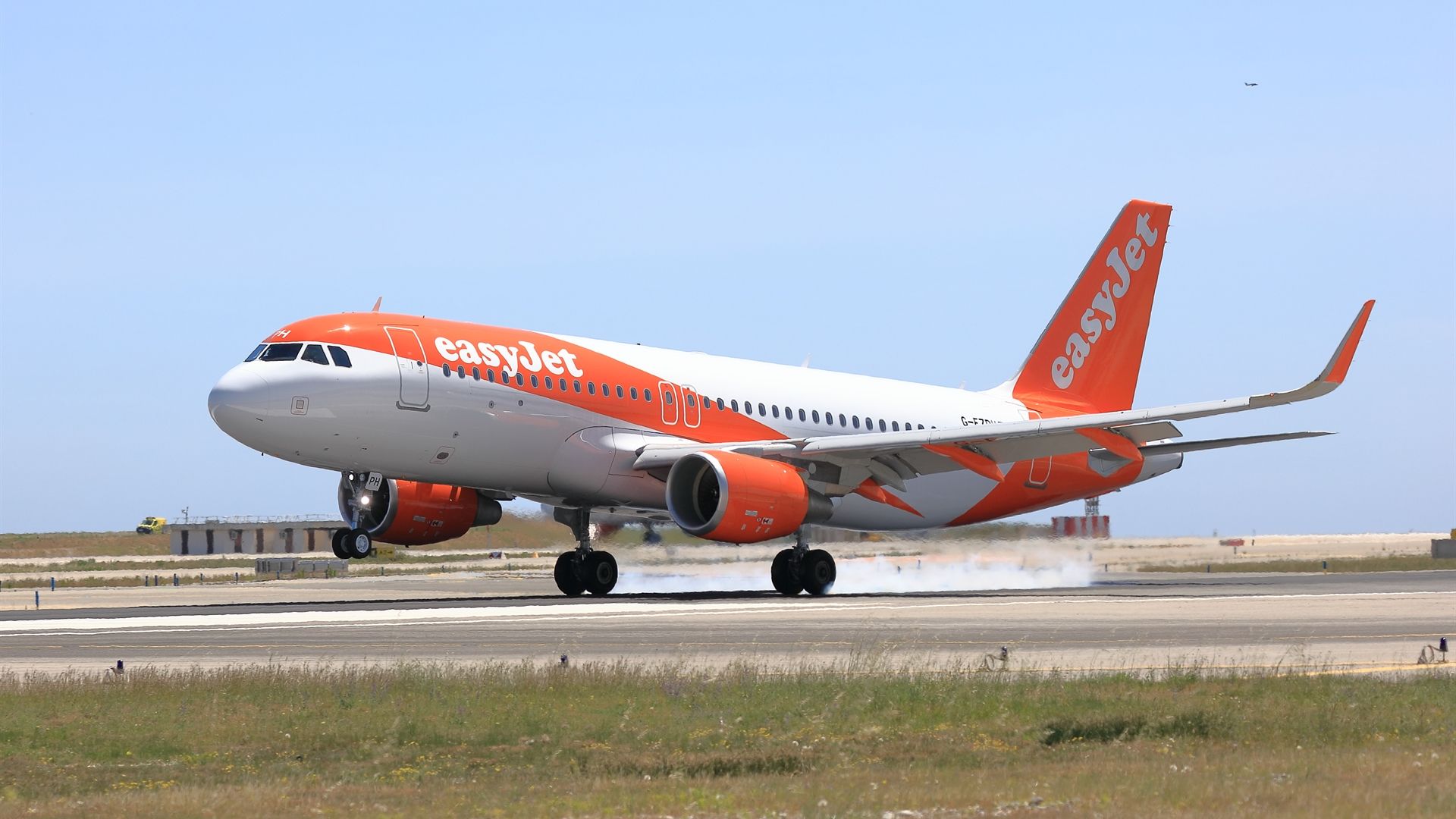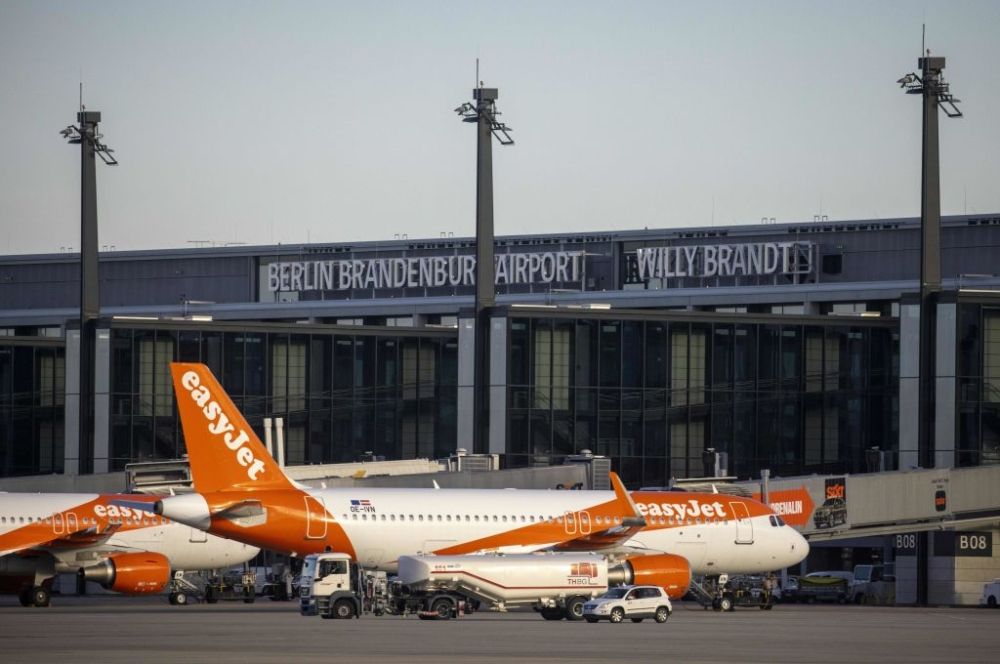Airbus could have a hydrogen-powered passenger plane in service by 2035. However, there is no use in having a hydrogen-powered plane if there is no hydrogen to fuel it with. UK budget carrier easyJet believes that its model of operating mainly to primary airports will help it become an early adopter of the technology.
Setting up hydrogen infrastructure
Everyone agrees that aviation will need a portfolio approach to reduce emissions and hit the industry's net-zero by 2050 target. Most also believe that hydrogen propulsion technology will have a crucial part to play on the path to decarbonization - at least when it comes to short-haul flying.
Just as with other emerging technologies, such as synthetic Sustainable Aviation Fuel, fully electric flights, and carbon capture, there are many challenges on the road to hydrogen-powered commercial services.
Before we are flying around at scale powered by H2, there is fuel-cell technology to be perfected, regulatory procedures to be completed, green hydrogen production to be increased - and the issue of safe distribution and refueling infrastructure to be solved.
During her keynote interview at the Future Flying Forum, easyJet Chief Commercial Officer, Sophie Dekkers, spoke about the airline's approach to hydrogen-flight in the future - and why its operating model, which differs slightly from that of other low-cost carriers, could give it a head-start with the new technology.
Primary airports 'first in line'
easyJet's decarbonization plans include a partnership with Airbus - Dekkers believes that the manufacturer's ZEROe hydrogen-aircraft could enter service by 2035. Furthermore, easyJet's model of flying mostly to primary airports will make the adaptation to hydrogen quicker, the carrier's CCO says. The airline's network consists to 70% of slot-controlled airports.
"Primary airports are probably going to be first in the line, installing and having the ability to be able to deliver hydrogen power. Whereas if you're operating to sort of more outer airports, the secondary airports that maybe we do on summer holidays, like the Greek islands, that might be a little harder."
Government incentives will be crucial
However, it will take more than just the airlines and other actors in the value chain to create a pivot towards a greener sky. easyJet continues to consistently call on support from the authorities in order to speed up the transition towards decarbonization.
"We want governments to incentivize the right behavior. So rewarding early adopters, through reduced airspace and airport charges, prioritize airport slots, and things like tax exemptions for operating zero-emission aircraft. Governments can really play a key role in incentivizing the acceleration of this."
What do you think of easyJet's approach? Will hydrogen be a viable short-haul option in a little over a decade? Leave a comment below and share your thoughts.



